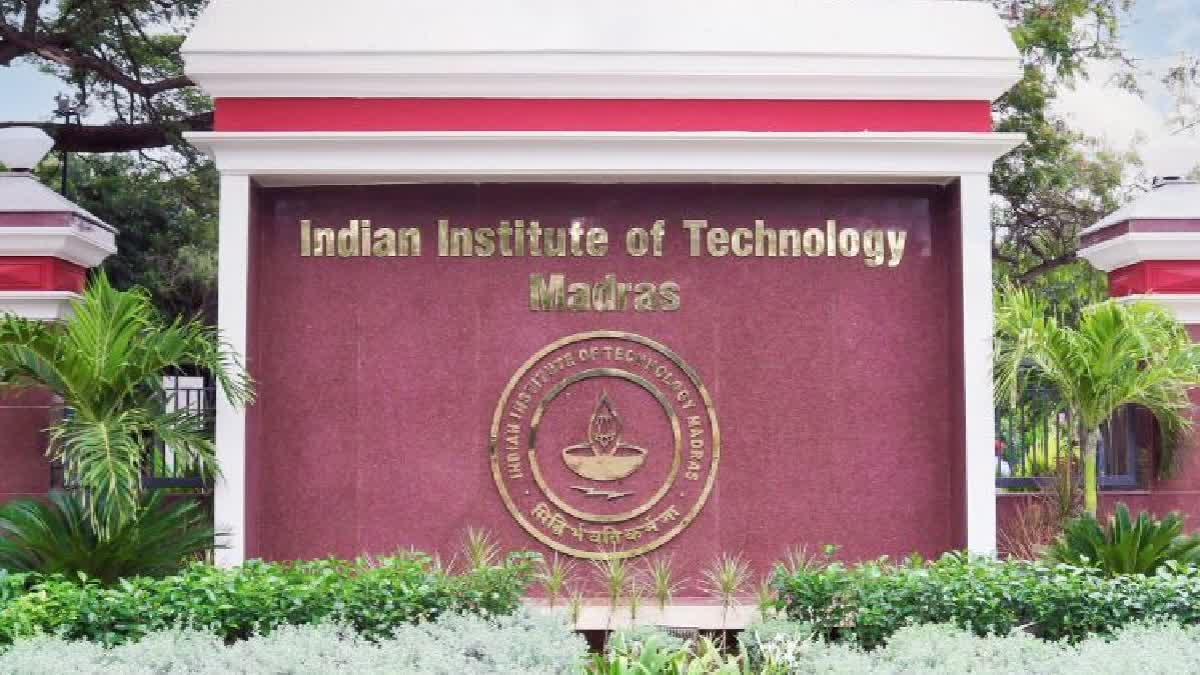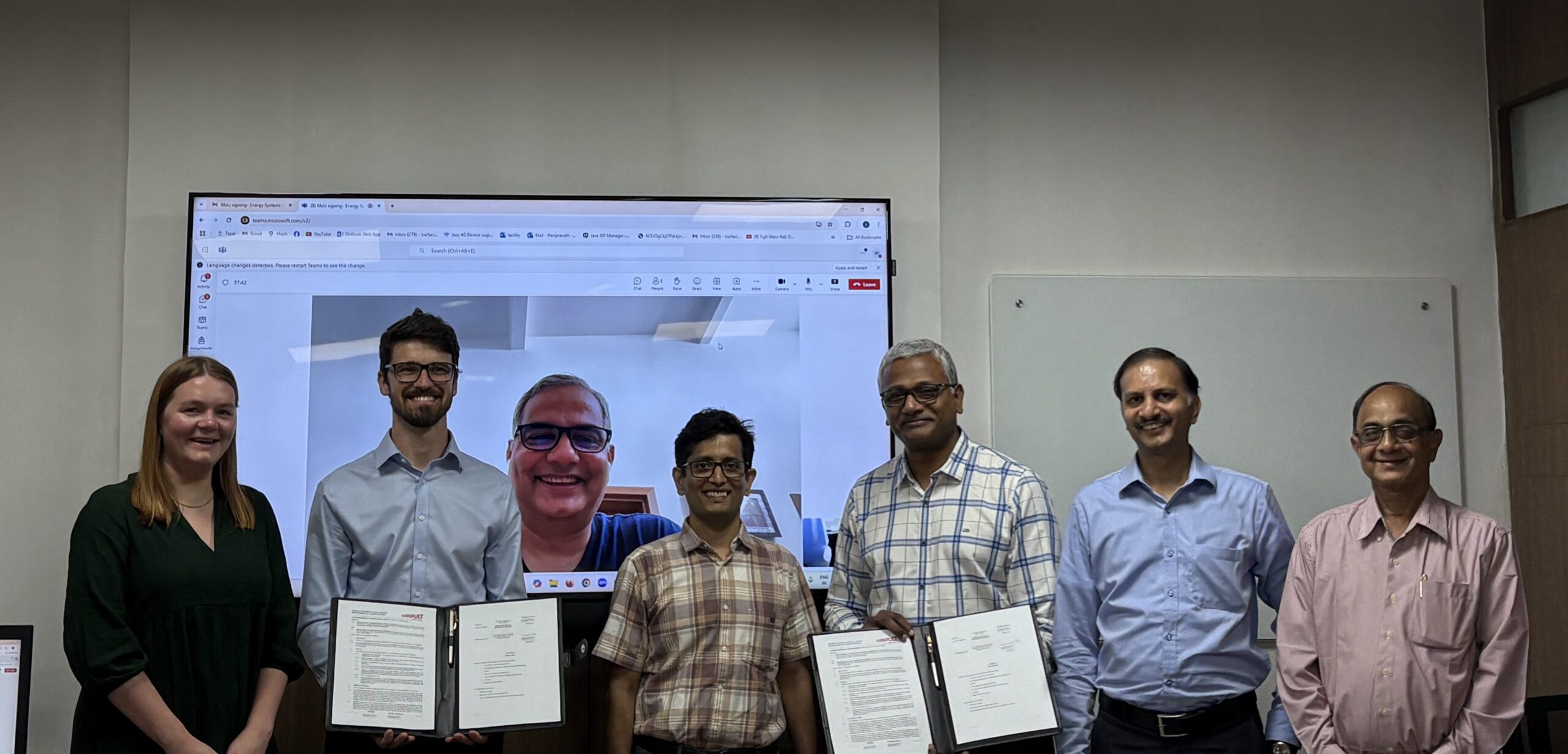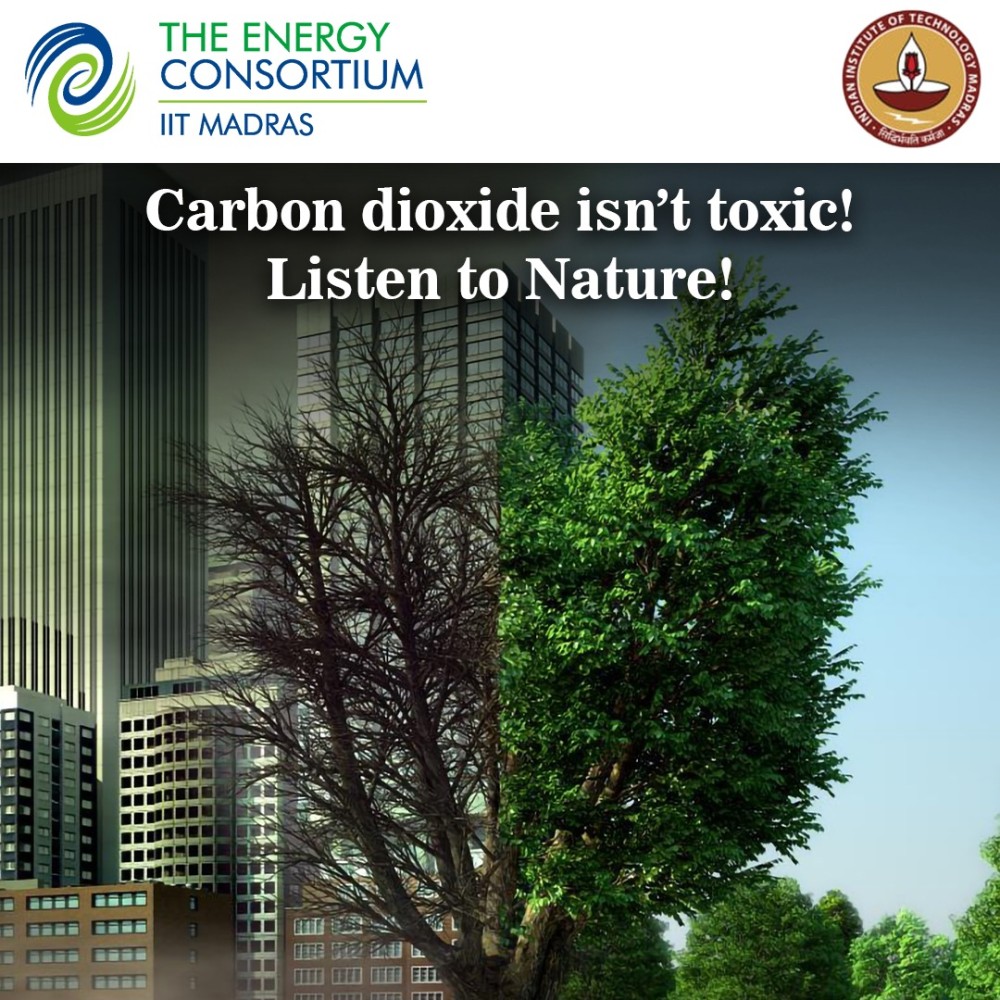Prof Richa Karmakar of the Department of Biotechnology is a recipient of the 2025 TRENDsetter program award under the early career track that is designed to encourage principal investigators to develop deeper collaboration with founding members of the consortium. This award is a ‘seed grant’ to work on new bold, high-risk research ideas within the proposed areas of interest
Prof Richa is engaged on emerging directions in a broad field that includes the application of synthetic biology for microbial strain engineering, bioelectrochemical systems for CO₂ reduction, and the integration of microbial carbon capture with biofuel production. Supported by advances in omics technologies and metabolic modelling, these developments are paving the way for the rational design of high-performance microbial systems. Her research demonstrates how biological innovation can transform environmental challenges into opportunities for sustainable energy generation and waste mitigation.
The TRENDSetter project led by Prof Richa presents an innovative approach to sustainable biofuel production through the development of engineered microbial systems capable of simultaneous CO₂ sequestration and trace metal utilisation. It seeks to address two pressing environmental challenges—greenhouse gas emissions and industrial metal waste—by employing specially adapted microorganisms as biological solutions. Conventional methods for carbon capture are typically energy-intensive and costly, while industrial processes generate metal-rich waste that can cause long-term ecological damage. The research introduces a sustainable, scalable, and cost-effective biological alternative to these issues.
At the centre of this research is the use of Bacillus species isolated from a mud volcano, demonstrating exceptional tolerance to elevated CO₂ levels and toxic metals such as aluminium and chromium. Through adaptive laboratory evolution, these strains were repeatedly exposed to controlled high-stress environments, mimicking industrial conditions. Over successive growth cycles, the microbes exhibited improved survival, metabolic flexibility, and structural adaptations, as confirmed by scanning electron microscopy. The evolved strains showed enhanced abilities for CO₂ fixation and metal detoxification, establishing their potential as biocatalysts for sustainable bioremediation and energy production.
By converting waste CO₂ into valuable products such as biofuels and acetic acid, while simultaneously neutralising toxic industrial byproducts, the project advances the principles of a circular bioeconomy—where waste streams become resources. This approach contributes directly to global carbon neutrality goals and sustainable industrial practices. It bridges the gap between microbial biology and applied energy science, offering tangible solutions for climate resilience and environmental protection.









